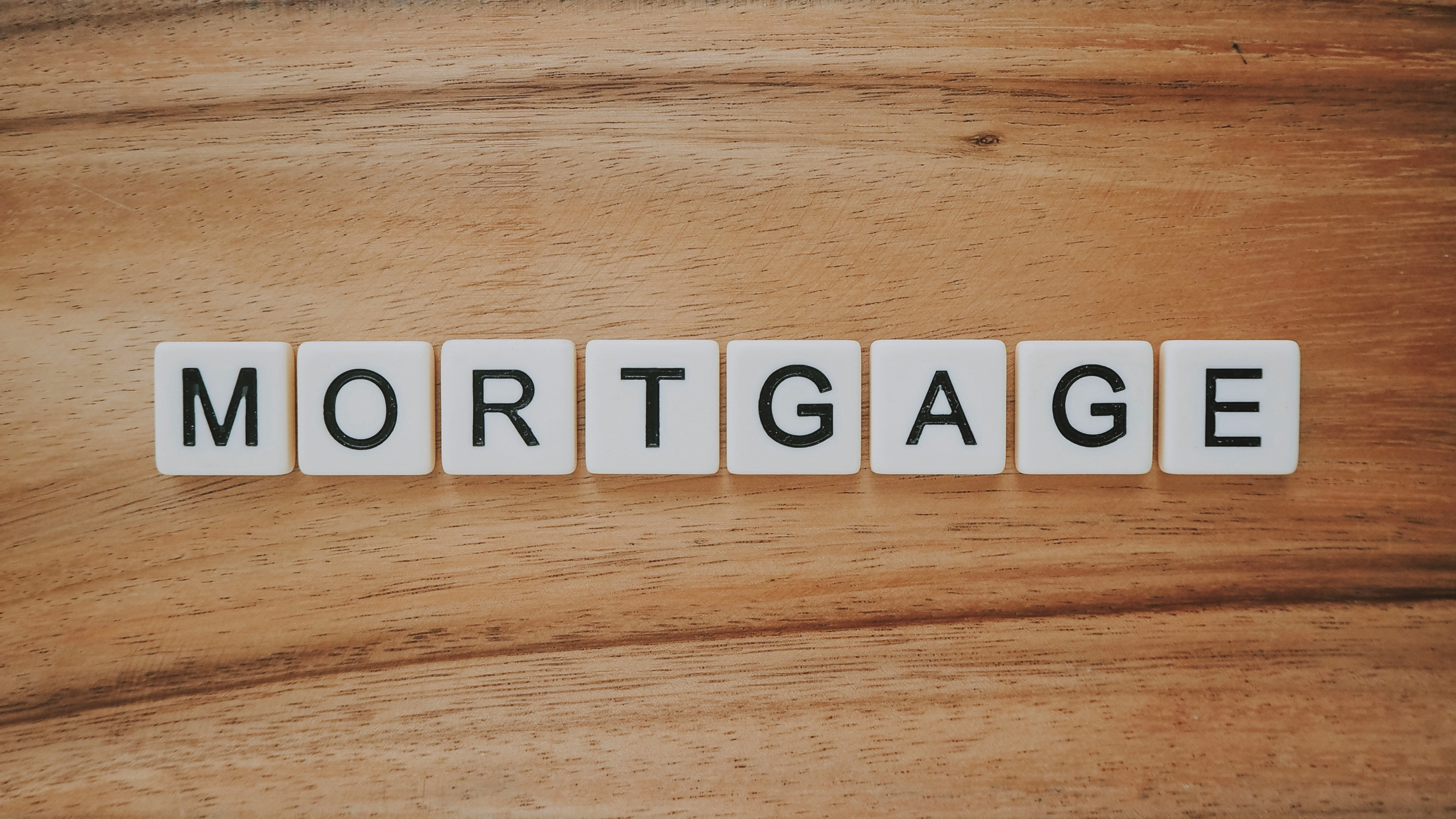Selling a house can be a stressful and complicated process, especially when it comes to finances. One of the biggest questions homeowners have when selling their house is when they can stop paying their mortgage.
The answer to this question depends on various factors, such as the terms of your mortgage, the selling process, and your financial goals. In this article, we will explore when you can stop paying your mortgage when selling your house and how it can impact your financial freedom.
Understanding Your Mortgage Terms
Before we dive into when you can stop paying your mortgage, it’s essential to understand the terms of your mortgage. A mortgage is a loan that you take out to purchase a house, and it typically has a term of 15 to 30 years.
Your mortgage agreement will outline the terms of your loan, including the interest rate, monthly payments, and the length of the loan. It will also specify any penalties for early repayment or late payments.
Most mortgages require homeowners to make monthly payments until the loan is paid off in full. However, some mortgages may have different terms, such as balloon payments or adjustable interest rates. It’s crucial to review your mortgage agreement to understand your specific terms and when you can stop paying your mortgage.
Balloon Payments
Some mortgages may have a balloon payment, which is a large lump sum payment due at the end of the loan term. This type of mortgage may have lower monthly payments, but the final payment can be significant.
If your mortgage has a balloon payment, you will need to continue making monthly payments until the final payment is due, even if you are in the process of selling your house. Once the house is sold, the proceeds from the sale can be used to pay off the balloon payment.
Adjustable Interest Rates
Adjustable interest rates, also known as variable interest rates, can change over time based on market conditions. This means that your monthly mortgage payments can increase or decrease, depending on the current interest rate.
If your mortgage has an adjustable interest rate, you will need to continue making monthly payments until the house is sold, even if the interest rate increases. Once the house is sold, the proceeds can be used to pay off the remaining balance of the loan.
The Selling Process
The selling process can also impact when you can stop paying your mortgage. Typically, the selling process involves several steps, including listing the house, finding a buyer, and closing the sale.
Listing the House
When you decide to sell your house, you will need to list it on the market. This can be done through a real estate agent or by listing it yourself. The time it takes to sell a house can vary, depending on the location, market conditions, and the condition of the house.
During this time, you will still need to make your monthly mortgage payments. If you are struggling to make payments, you may be able to negotiate a forbearance agreement with your lender. This agreement allows you to temporarily stop making payments or make reduced payments until the house is sold.
Finding a Buyer
Once your house is listed, you will need to find a buyer. This can take anywhere from a few weeks to several months, depending on the market. Once a buyer is found, they will make an offer on the house, and you can negotiate the terms of the sale.
If the buyer is obtaining a mortgage to purchase the house, the lender will require a home appraisal and inspection. This process can take a few weeks, and you will still need to make your monthly mortgage payments during this time.
Closing the Sale
Once the appraisal and inspection are complete, and the buyer’s mortgage is approved, you can close the sale. At closing, the buyer will provide the funds to purchase the house, and the title will be transferred to the new owner.
At this point, you can stop making mortgage payments, and the proceeds from the sale will be used to pay off the remaining balance of your loan. Any remaining funds will be given to you as the seller.
Financial Goals
Your financial goals can also play a role in when you stop paying your mortgage. Some homeowners may choose to continue making mortgage payments even after the house is sold, while others may use the proceeds to pay off the loan in full.
Paying Off the Loan in Full
Paying off your mortgage in full can provide you with financial freedom and eliminate the stress of making monthly payments. However, this may not be the best option for everyone. If your mortgage has a prepayment penalty, you may be charged a fee for paying off the loan early.
It’s essential to review your mortgage agreement to determine if there are any penalties for early repayment. If there are, you may want to consider waiting until the house is sold to pay off the loan in full.
Continuing to Make Payments
Some homeowners may choose to continue making mortgage payments even after the house is sold. This can be beneficial if you are planning to purchase a new house or if you want to use the funds for other investments.
However, it’s essential to consider the opportunity cost of continuing to make mortgage payments. You may be able to invest the funds in other areas that can provide a higher return, such as the stock market or real estate.
Conclusion
In conclusion, the answer to when you can stop paying your mortgage when selling your house depends on various factors, including the terms of your mortgage, the selling process, and your financial goals. It’s essential to review your mortgage agreement and consider your financial goals before making a decision.
If you are struggling to make mortgage payments during the selling process, you may be able to negotiate a forbearance agreement with your lender. This can provide temporary relief until the house is sold.
Ultimately, the goal is to achieve financial freedom and make the best decision for your financial situation. By understanding your mortgage terms and the selling process, you can make an informed decision on when to stop paying your mortgage when selling your house.




